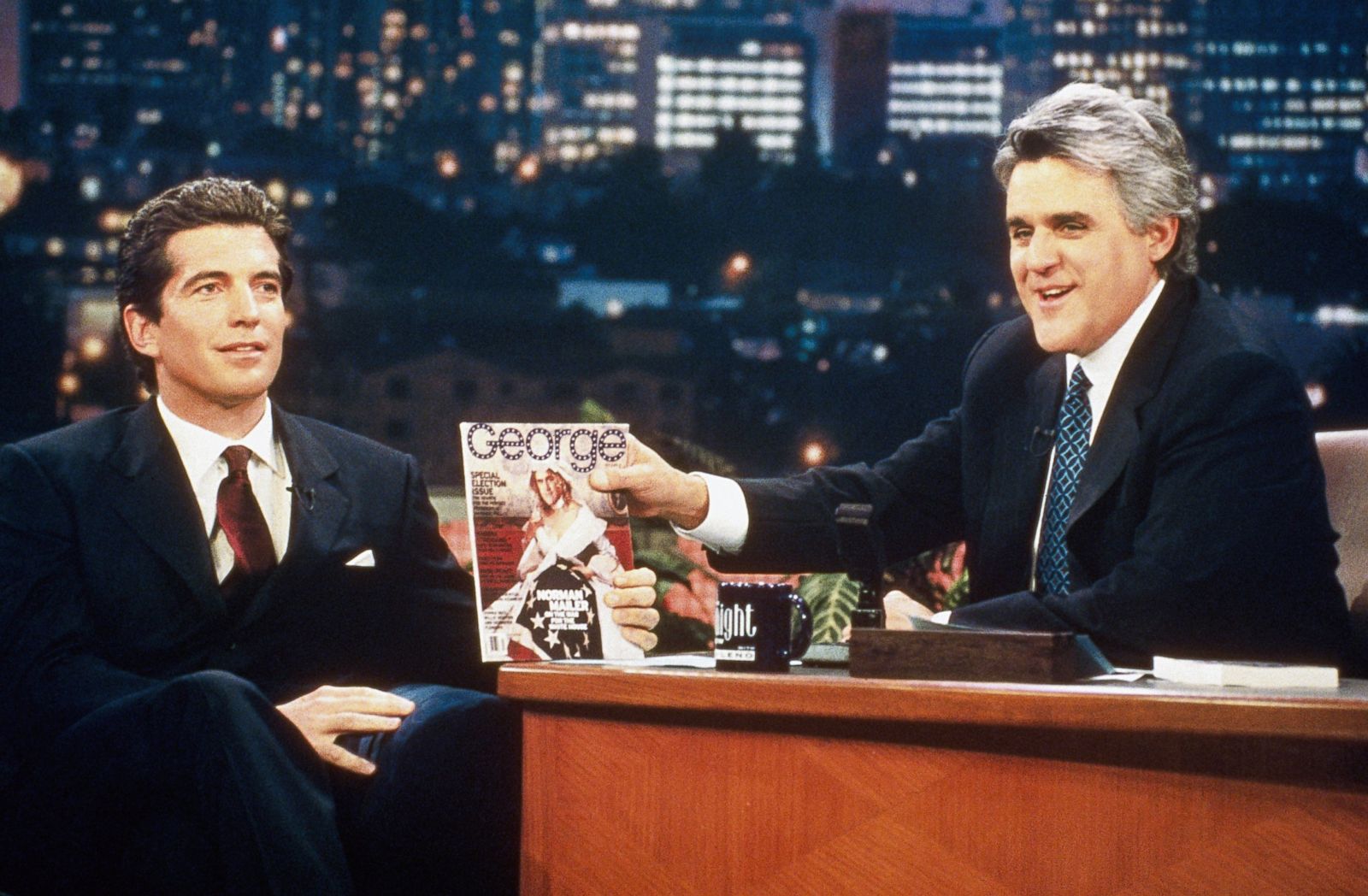Jay's Way
I just read Dave Berg's Behind The Curtain: An Insider's View Of Jay Leno's Tonight Show. Berg was a producer on the show for 18 years, responsible for booking guests. He'd just been fired after years as a news producer, and only applied for the job at the time Jay was taking over the Tonight Show because he had nowhere else to go. But his background turned out to be just what Jay was looking for--the new host didn't just want celebrities, he wanted newsmakers.
Berg paints a picture of his boss as a hard worker with a short attention span. I have to admit I wasn't a big fan--I much preferred Letterman when they faced off back in the 90s. But I'll admit Jay was a no-nonsense sort of guy who believed in giving the audience what they wanted. (Thus I preferred Letterman, who believed more in doing what he thought was good.) If guests got good ratings, they'd be invited back. If not, it didn't matter how much Jay liked them, they were gone. (It's a bit like Jay's story. He was a hot comedian who appeared on Carson several times but he didn't have enough material, and so stopped getting invited. His career was in trouble but he fought back and got big again appearing on his friend David Letterman's late show.)
When Jay started doing Tonight, many thought Letterman should have gotten the spot. And when Letterman moved to CBS and started beating Leno, it looks like NBC had blown it. But Leno and NBC didn't give up, getting rid of the show's producer, Leno's abrasive manager Helen Kushnick, who'd burned too many bridges. And they changed the show from what I'd call Carson-lite to Letterman-lite, with less guests and more comedy bits.
The monologue was probably what Leno concentrated most on. Berg had little to do with that--it was Leno's world. It's funny, because when I did watch the show I skipped the monologue and waited until the guests came on. (I continue to do this for all talk show hosts. I find most topical humor tiresome.)
Most of the book deals with how Berg booked various guests. He's a conservative, and fairly religious, but he didn't let his beliefs get in the way, as he tried to book any politicians he thought would be interesting. It led to some big moments, such as sitting President Barack Obama appearing, not to mention a rare appearance by JFK, Jr. (Berg thinks he was the best guest ever) and celebrity Arnold Schwarzenegger shocking everyone by announcing he'd run for California governor.
Berg also booked newsmakers and journalists. Leno (along with Letterman to some extent) widened who were acceptable guests, though generally I prefer a separation of entertainment and politics. News should be news--I don't need John McCain to make me laugh.
He also got plenty of sports figures (Berg has a whole chapter about going to Nashville--he's a huge fan of country music, by the way--to keep tabs on Dennis Rodman and make sure he showed up for an appearance), writers, and, of course, entertainers.
Not unlike his boss, Berg comes across as fairly no-nonsense. When he doesn't like something--such as Howard Stern's appearance, where he came out with two scantily clad women who started making out (Leno and Berg were highly offended, partly because they believed in planning their show down to the last second, while Letterman didn't mind his guests surprising him)--he simply says how bad it was. For that matter, he openly attacks his boss's competitors, particularly Letterman and Conan, for not being good enough and not knowing how to please an audience. (Berg sometimes comes across as irony-free. He quotes Letterman's slogan "there is no off position on the genius switch" as if it's meant perfectly straight.)
On the other hand, if he likes someone--and he's more positive than negative in the book--it's based on what sort of guest they are, not whether he agrees with them. One of his favorite guests, for instance, was Bill Maher, who was, politically, a polar opposite.
The book is a bit mechanical in its description at times, but then, Leno was a bit mechanical. Leno writes the foreword, but, in his manner, admits he hasn't read the book and implies he may not even agree with it. That's Leno, not taking a side as usual. Or maybe it's that short attention thing again.




0 Comments:
Post a Comment
<< Home